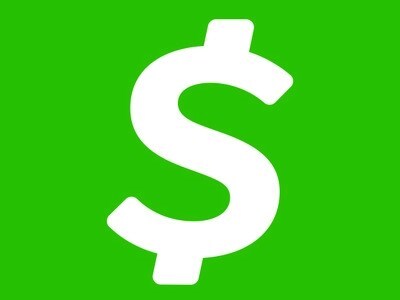
Short seller Hindenburg Research alleged on Thursday that former Twitter Chief Executive Officer Jack Dorsey's fintech firm, Block Inc., built up on hype and enabled frictionless fraud as part of its rise in the U.S. payments landscape.
In a report, Hindenburg said it has an active short position against Block.
The report lays out the following key allegations against Block:
The firm has wildly overstated its genuine user counts and understated its customer acquisition costs.
The company's Wild-West approach to compliance made it easy for bad actors to mass-create accounts for identity fraud and other scams.
Block obfuscates how many individuals are on the Cash App platform by reporting misleading "transacting active" metrics filled with fake and duplicate accounts.
With its influx of pandemic Cash App users, Block has quietly fueled its profitability by avoiding a key banking regulation meant to protect merchants.
Our two-year investigation has concluded that Block has systematically taken advantage of the demographics it claims to be helping. The "magic" behind Block's business has not been disruptive innovation, but rather the company's willingness to facilitate fraud against consumers and the government, avoid regulation, dress up predatory loans and fees as revolutionary technology, and mislead investors with inflated metrics.Hindenburg Research

Block logo. (Image source: Block/Twitter)
On a purely fundamental basis—even before factoring in the findings of the investigation—Hindenburg Research sees a downside of between 65% to 75% in Block's stock.
"We are entering a period where the endless hype and unrealistic valuations of past years are beginning to face the financial reality of higher interest rates," Hindenburg said in its report. "We expect this macro headwind, combined with the other issues outlined below, will result in the contraction of Block's exaggerated claims of profitability and generous valuation multiples."
The report also cited mass instances of user-identity fraud and criminal activity being conducted using the CashApp, highlighting that the application's compliance measures were inadequate.
Based on interviews with former and current employees, Hindenburg said CashApp overestimates its user numbers since one user typically has multiple accounts on the platform.
While Block also volunteered to help distribute government stimulus payments to American citizens during the pandemic, the report alleged that this led to massive instances of fraud instead.
"The biggest pandemic compliance failure by Cash App was the company's willingness to allow multiple individuals to receive payments into a single account," the report said.

Cash App logo. (Image source: Cash App/Twitter)
The report also criticised Block's $29 billion acquisition of buy-now-pay-later firm Afterpay, whose delinquencies have risen sharply and it might be on the receiving end of tighter regulations.
It described the Afterpay acquisition as a "dud", saying the delinquencies jumped from 1.7% in June 2021 to 4.1% in March 2022.
Prior to Block's acquisition, Afterpay reported remarkably low delinquency rates. Those have surged following the acquisition, according to the report.
A close look at Block shows that it has not actually changed the game—like traditional financial services companies, its key focus seems to be on dressing up predatory loans and fees as revolutionary products, avoiding regulation and embracing worst-of-breed compliance policies in order to profit from its facilitation of fraud against consumers and the government.Hindenburg Research
Block's stock fell into the red after the Hindenburg report was released and was trading 16.11% down, with shares changing hands for $60.93 a piece as of 7:55 p.m. India Standard Time.
Essential Business Intelligence, Continuous LIVE TV, Sharp Market Insights, Practical Personal Finance Advice and Latest Stories — On NDTV Profit.























